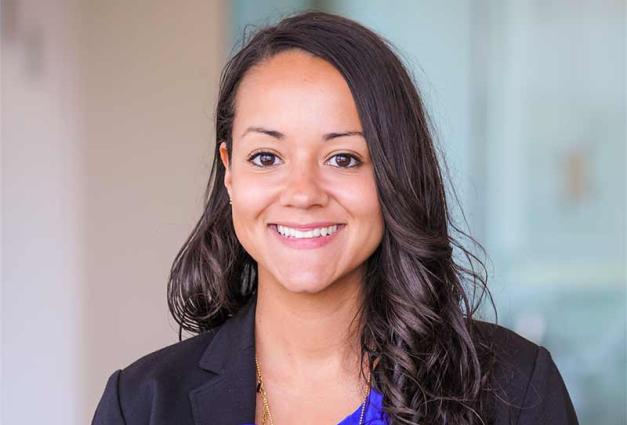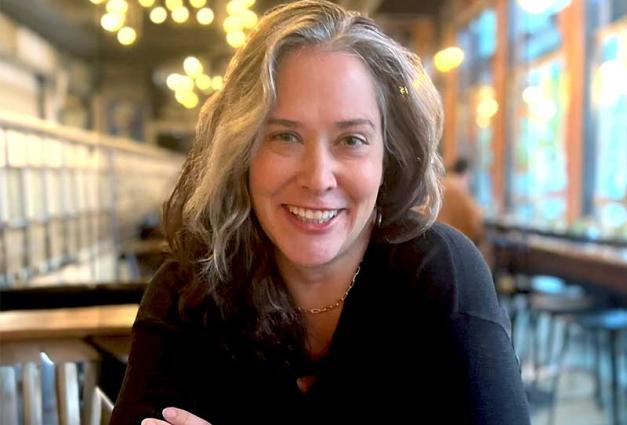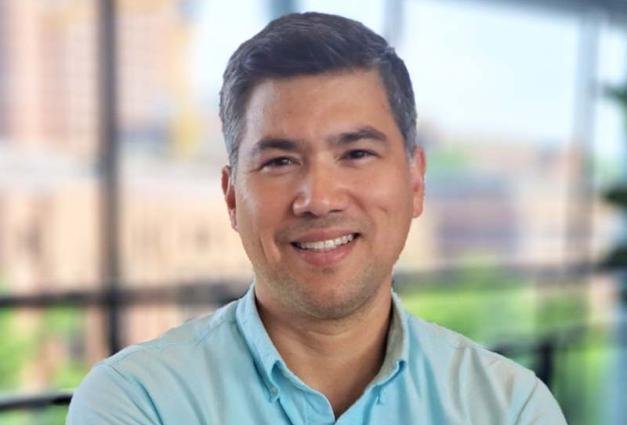Dr. Kenneth Tan is an Assistant Professor of Psychology in the School of Social Sciences at Singapore Management University. He obtained his Bachelors and Masters from the National University of Singapore, and his PhD from Purdue University. His research interests revolve around close relationships, in particular commitment, partner perceptions, and relationship dissolution as well as their effects on individual and relational well-being.
Please tell us about your current research, and any future research interests you plan to pursue.
My primary research interests focus on understanding the determinants of romantic commitment, because understanding why some intimate relationships succeed or fail matters. I think there is something deeply satisfying with the idea of “till death do us part,” and “for better or for worse.” These ideals might be old-fashioned, but are important nonetheless. To that end, my current research focuses on attitudes towards commitment (i.e. how much one desires and is ready for commitment), both in coupled and single individuals, particularly how single people cope with not being in relationships; future plans within and between romantic partners and their effect on commitment; and finally commitment regulation between partners. I am also interested in the relationship dissolution process and the ways in which people engage in breakup as well as how people cope with it.
Given that I have moved back to Singapore, it is also apt that my future research interests take on a different perspective. I am trying to incorporate a cultural lens in close relationship research, with the knowledge that a lot of current research focuses on WEIRD samples. Anecdotally, there are many differences between how people from the West approach and think about relationships compared to the East. Such cultural differences are an untapped and potentially burgeoning ground for research in relationships, and one that I will immerse myself in the next few years, hopefully with an added focus on health. Stay tuned!
Your research has explored the notion of "readiness" and its relation to romantic relationships. Can people have successful pairings if the timing is not right?
Great question! We already know in general that commitment has a positive influence on relationship well-being and stability, such that those higher in commitment will be more willing to engage in relationship maintenance behaviors and consequently, have longer lasting relationships. However, what we find is that readiness undermines the influence of commitment on relational maintenance behaviors and stability. In other words, if the timing is not right, one is less likely to engage in relational maintenance behaviors, and consequently are not as likely to remain in their relationships, even if you are high in commitment. On the other hand, we have also shown that single individuals who do not think that the timing is right are less likely to enter or pursue relationships and even if they do, report less commitment to that relationship. There are so many things to explore with regards to timing in relationships, and we are only just getting started!
You've taught in both Singapore and the United States. Do you have any fun or interesting anecdotes about your experiences teaching in those very different cultures and environments?
Students in Singapore are more deferent in class, whereas students in America are more upfront, and on the surface, this might conform to the stereotypical experience that students in America are more participative in class, whereas students in Singapore are more reticent. However, it is my experience that students in Singapore are more deliberative and need opportunities to have smaller in group discussions before coming together as a class to participate. This comes across when there are American exchange students in class who are more spontaneous compared to local students, and it is an interesting contrast! My experience is also that students in Singapore are very connected to the outside world, and they often have questions about student life or life in general in the States or Europe/Asia, as well as how psychological theories can be applied to both cultures, whereas students in America ask fewer questions about things outside of America. Finally, students in Singapore are pretty pragmatic and have a lot of questions on how their job prospects can be enhanced whereas students in America are more idealistic and seem to ask more questions pertaining to self-growth and development. I do want to take care not to endorse any stereotypes, and want to reiterate that I am painting broad strokes with my observations. Nonetheless, it is definitely my experience that students from both countries are equally passionate and driven!
What do you enjoy most about teaching?
There are two things that I enjoy most about teaching. First, I thoroughly enjoy the insights that I get from students about the materials being presented. Very often, it becomes easy to get immersed into a tradition of thinking, and the perspectives that come from a diverse group of students in the classroom has an immense impact on my outlook and research. Second, the opportunity to make professional and personal connections with students is invaluable. I find it extremely humbling that I can make a small impact on the way students think about and interact with the world and their relationships. It is very gratifying to see the look on their faces when they “get” a concept and its implications on real life.
When and why did you join SPSP and how has being a member helped you professionally?
I joined SPSP in 2010 when I was a master’s student back in Singapore so as to participate in the 2010 SPSP convention in Las Vegas. Being a member of SPSP has allowed me to network with other graduate students and faculty with similar research interests, several of whom eventually became collaborators of mine. Without SPSP, I also would not have had the most wonderful opportunity to participate in the 2013 Summer Institute for Social and Personality Psychology (SISPP) in Davis, California. The SPSP Convention in 2014 was thus my most memorable, because it made conferencing more dynamic compared to my prior experiences, plus it was an awesome reunion with the SISPP crew! Now being 10,000 miles away, SPSP gives me an avenue to continue reaching out to researchers in the States and Europe as well as to see the cutting edge work that is currently being done, something I definitely took for granted earlier.
What led you to choose a career in social and personality psychology?
Being conscripted in the military sparked an interest about understanding how people thought, felt and behaved, both in the context of a military perspective and beyond. This eventually developed into my love for understanding the science of relationships. However, thinking about graduate school and choosing an academic career in Singapore was not an easy decision to make. We are a tight culture, and deviating from the norms of getting a “real” job after college was not well received or understood by the people around me. I was lucky to be part of a cohort of undergraduates at the National University of Singapore (NUS) who all pursued graduate school at the same time. On top of immensely enjoying the process of research as well as the ideas that were being examined in social and personality psychology, I benefitted from having a cohort that also shared that same passion, and this reaffirmed my decision to choose a career in social and personality psychology. This is something that American students might not think as much of as they have role models that go through the graduate school process whereas we did not have those same opportunities. I would especially like to thank Dr. Fen-Fang Tsai and Dr. Michelle See from NUS for their unwavering support in starting me down this path. I would also like to thank Dr. Christopher Agnew and Dr. Ximena Arriaga at Purdue for their invaluable mentorship and guidance in persevering down this road, as well as my graduate cohort at Purdue for welcoming this clueless international student. I continue to benefit from all of their generous guidance and support till today.
Outside of psychology, how do you spend your free time?
I will say I miss hiking and the great outdoors when I was in the States. Back home, it is family time as much as possible and the occasional forays into keeping fit. I also enjoy exploring the never-ending food options ranging from Michelin-starred restaurants to local street food. We are also home to a couple of the top 50 bars in Asia. Many great dance, theatre and music acts make their way to our sunny shores as well. It’s also a great launching pad for traveling to other parts of South East Asia! Singapore is truly a place of endless possibilities, and I would urge everyone to visit if you ever get the chance!




